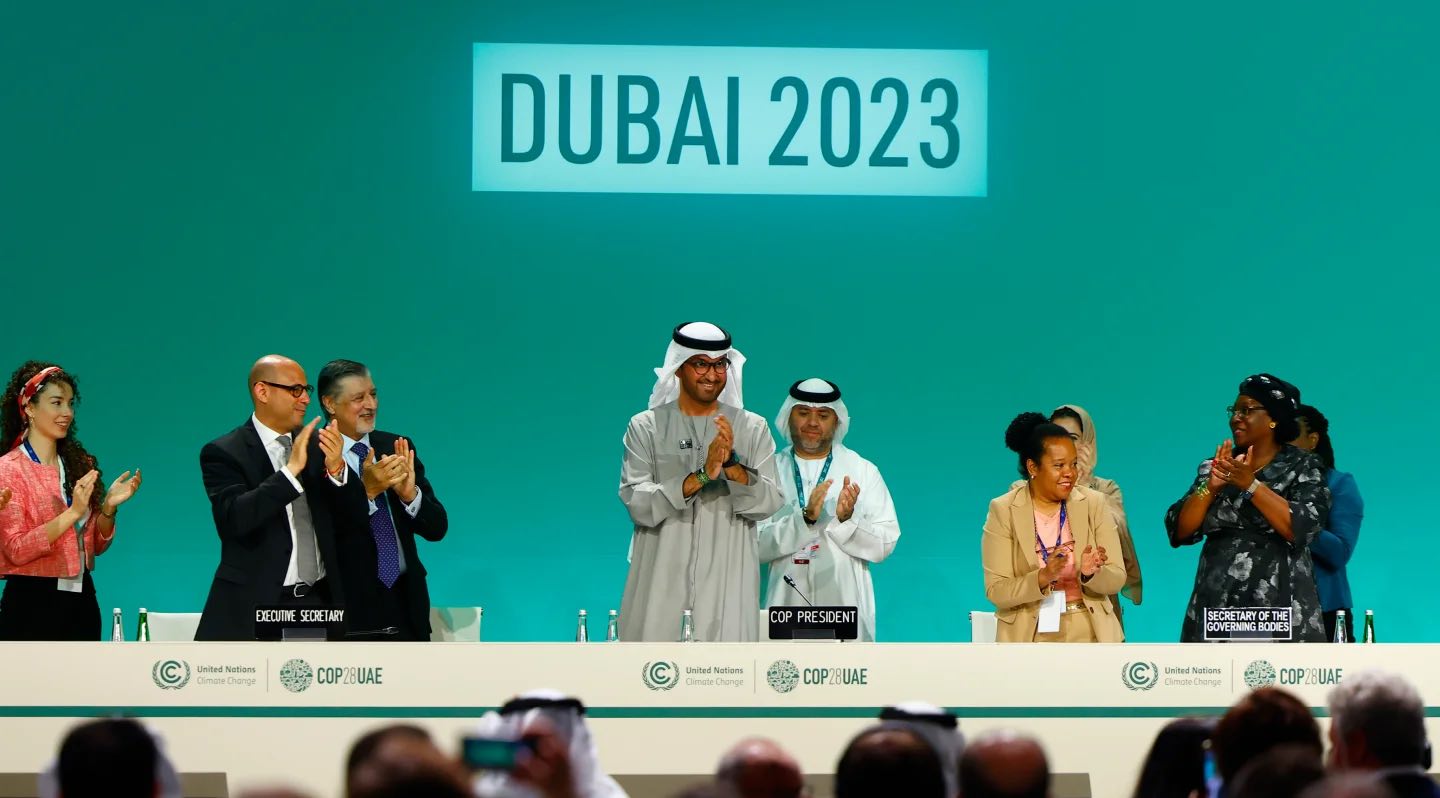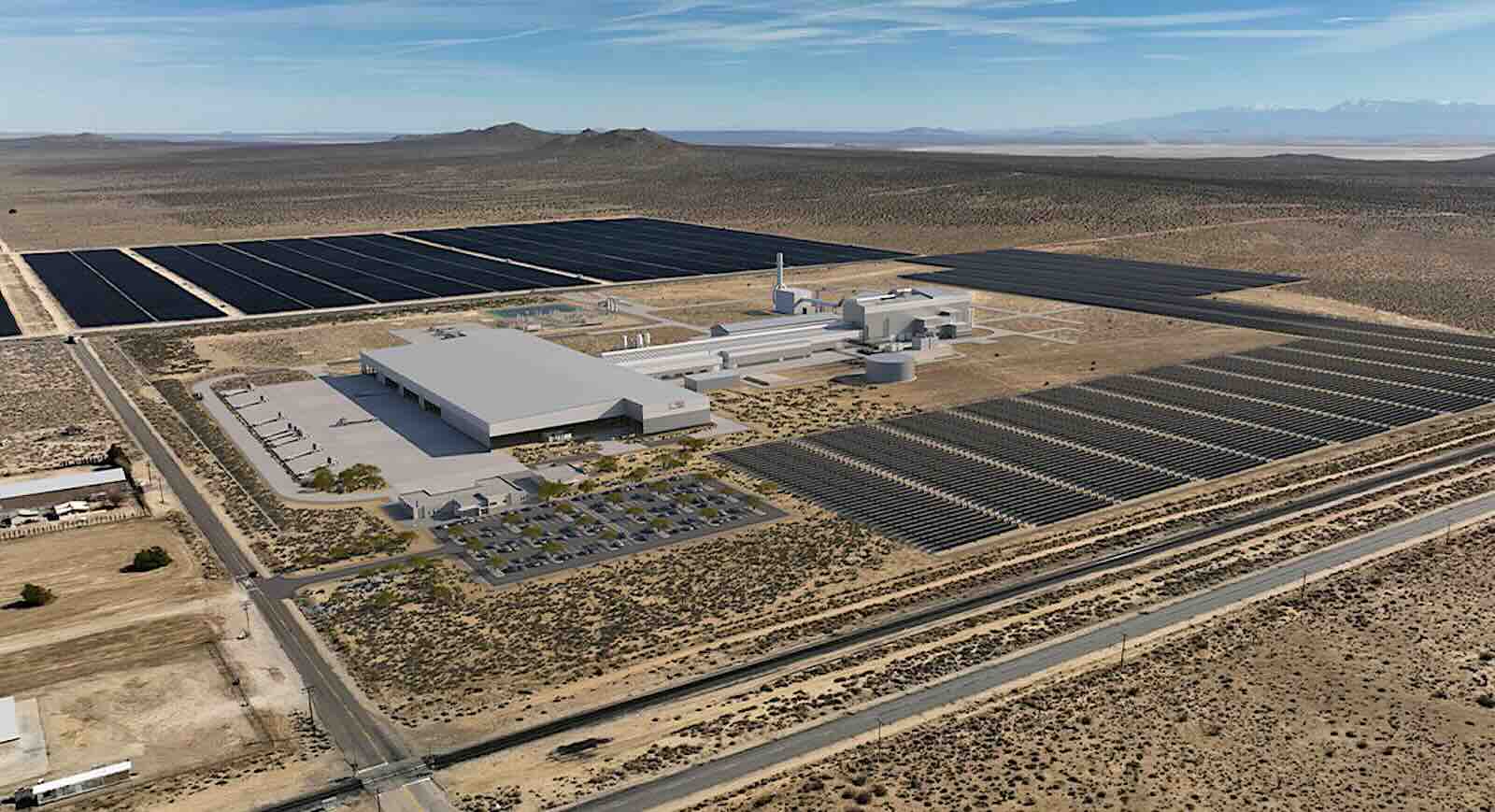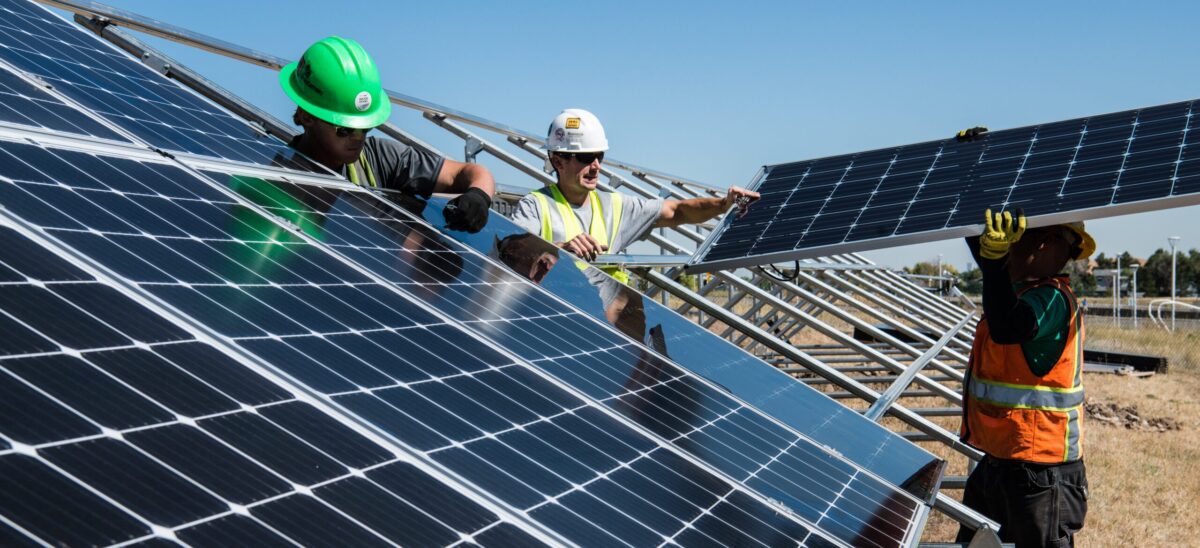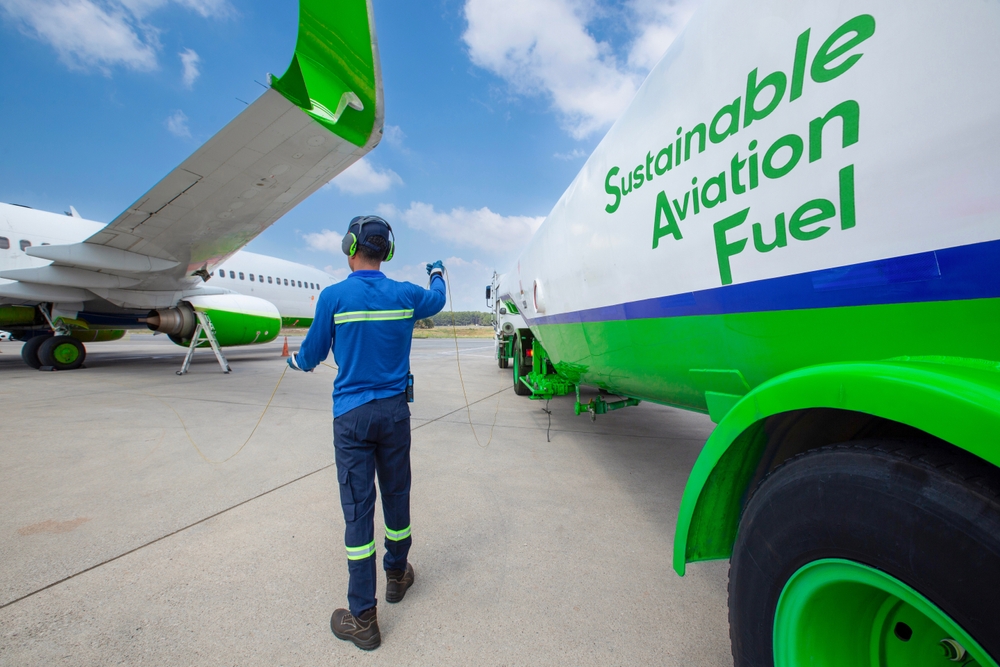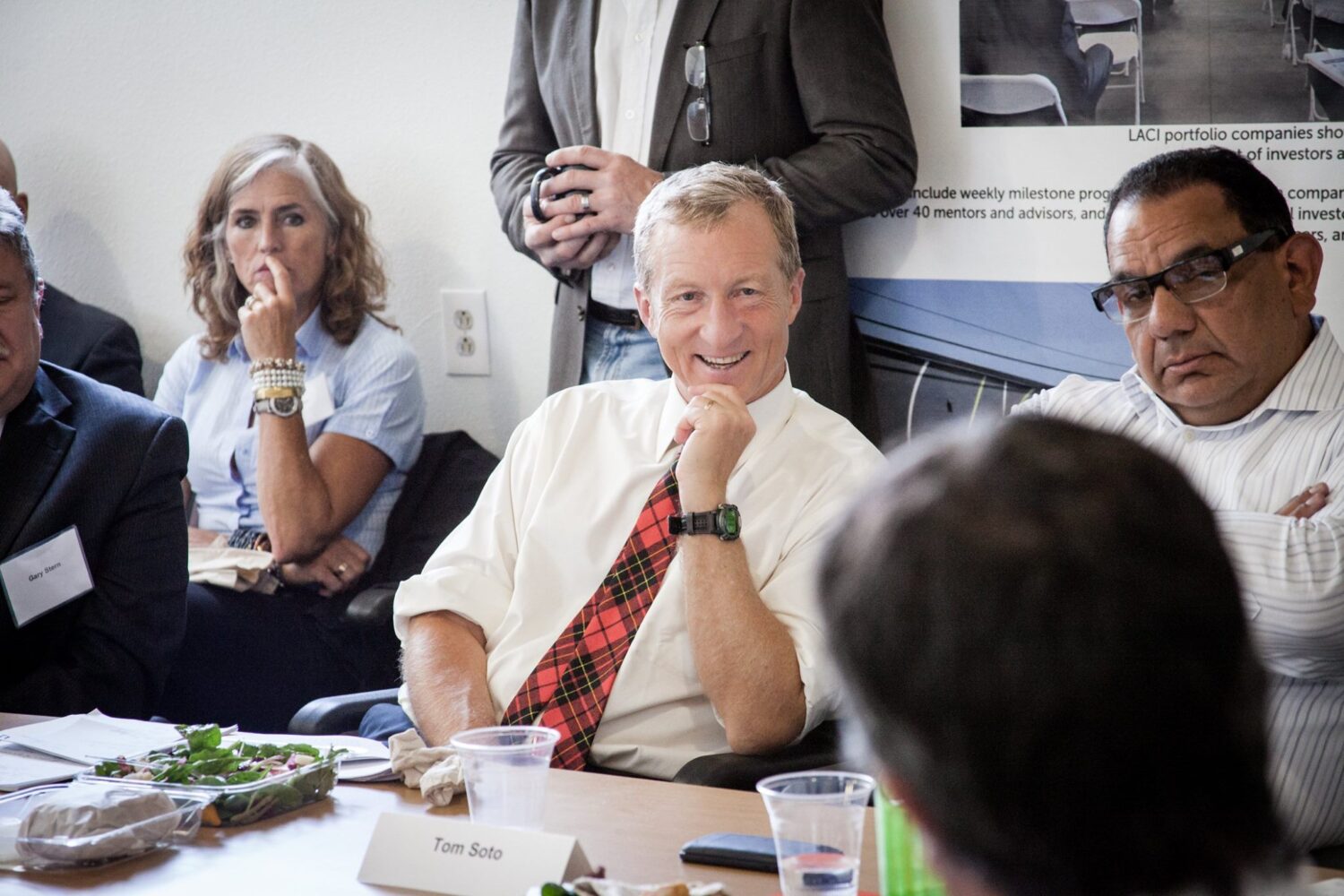ImpactAlpha, Dec. 14 – Consensus, Margaret Thatcher once said, is “the process of abandoning all beliefs, principles, values and policies.” That may be a little harsh, but the consensus text from 197 nations at COP28 in Dubai left many parties, and the planet, wanting.
“Now we know what we’re up against,” one COP-watcher growled. “The gloves must come off.”
The key phrase: “transitioning away from fossil fuels in energy systems, in a just, orderly and equitable manner.”
Calling out fossil fuels explicitly for the first time in a COP agreement was hailed as a historic win. Left out were some obvious uses of oil, such as in gas for cars and trucks, not to mention in plastics, petrochemicals and more. The fingerprints of the fossil fuel lobby were also seen in the shout outs to “transitional fuels,” aka natural gas, and carbon capture and storage, today an expensive and mostly unproven technology.
A big tell was the reaction of Saudi Arabia, which, along with OPEC, opposed calls for the phase out, or even the phase down, of oil and gas.
“The issue of immediate and gradual disposal (of fossil fuels) has been buried,” Saudi Arabia’s energy minister Prince Abdulaziz bin Salman told a Saudi-owned television station. The prince praised the UAE, which hosted the summit, saying, “There was a perfect cooperation between us.”
But builders of the low-cost, low-carbon renewable economy can seize the new narrative as well.
“This was a death knell for new infrastructure, new pipelines, new wells, new gas processors, all of it,” Stephan Nicoleau of Full Cycle Climate Partners told ImpactAlpha. “We have the acknowledgement from every party in the UN that fossil fuels are causing the warming that is destabilizing the climate, and the mandate is to transition away from them.”
The nods to natural gas and carbon capture may have been required to reach consensus, and a reminder the transition will not happen overnight. The UN Intergovernmental Panel on Climate Change has said that greenhouse gas emissions need to be cut by 43% from 2019 levels by the end of the decade. Instead, emissions have been rising.
Climate activist Bill McKibben called the agreement “a tool that activists can use.”
Al Gore, who had blasted host UAE’s presidency of COP28, went positive, but warned, “It is up to all of us to hold our leaders accountable to their promise to transition away from fossil fuels once and for all.”
Climate finance
Hastening fossil fuels’ doom loop are the favorable economics for clean energy. Despite some inflationary and interest-rate road bumps, most notably for offshore wind, costs have been rapidly declining for solar, wind and batteries as utility-scale deployment takes off. The exponential adoption of batteries for electric vehicles and energy storage, for example, is set to “enable the phaseout of half of global fossil fuel demand,” according to a new report by RMI.
“Every investor should understand now that the future investments that are profitable and long-term are renewable energy — and investing in fossil fuels is a stranded asset,” Germany’s climate envoy Jennifer Morgan told Bloomberg.
It’s past time for climate finance to go exponential, and there was a modest step-change at COP28. More than $4 trillion a year in clean energy investments are needed through 2030, then $5 trillion annually. It falls to “blended finance” to derisk deals in emerging markets, and several new funds debuted at COP, including the UAE’s $30 billion Altérra fund.
“Scaling up new and additional grant-based, highly concessional finance, and non-debt instruments remains critical to supporting developing countries,” the COP text states.
Commitments so far are a fraction of what’s needed. The promised “loss and damage” fund, to compensate lower-income nations for floods, droughts and storms, was operationalized on the summit’s first day. It drew initial commitments of only $770 million, about 2% of what is needed, and as much as one stealth bomber.
In a setback, negotiators failed to agree on rules that would govern global carbon markets, a key avenue for funding carbon-sequestering restoration and renewable energy projects in emerging markets. “Finance is where the whole energy transition plan will stand or fall,” noted Mohamed Adow of climate think tank Power Shift Africa.
National delegations are returning home from Dubai charged with raising their countries’ ambitions and “nationally determined contributions” to the low-carbon transition. Will the so-called “Dubai Consensus” mark the inflection point for the end of the fossil era?
Or with its choose-your-own-adventure framing, will the weak global consensus instead embolden fossil fuel producers – and consumers – to further stall the transition?
“The proof will be in the delivery” by 2025 of those country plans, said E3G’s Alex Scott, “and in the transformation of the wider finance system to deliver the economic shifts needed.”



